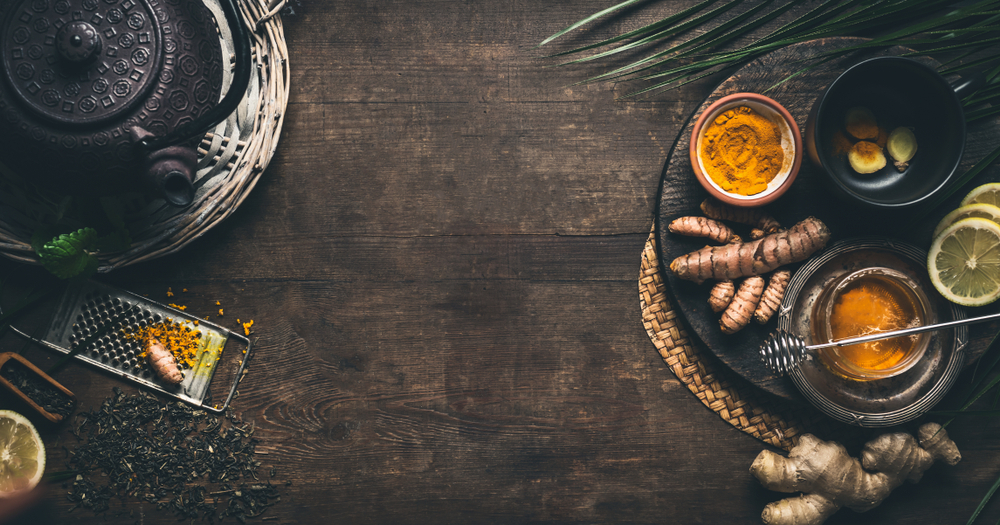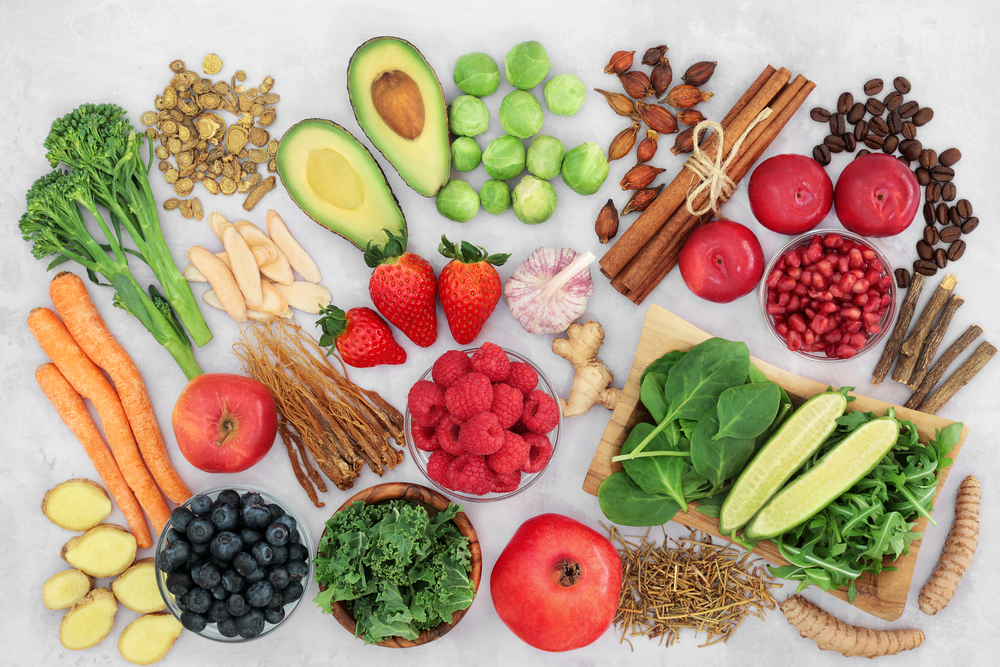What your Acne says about your Diet
What your Acne says about your Diet
Acne is a multifactorial inflammatory disorder in the skin that most often affects adolescents and young adults. Pollution, climate, lifestyle, use of medication, and diet are some of the factors involved in the physiopathology of acne.
Several recent studies have shown a link between diet and acne, especially with ingestion of dairy products, carbohydrates, or both at the onset and worsening of acne. However, omega-3 fatty acids, antioxidants, and zinc seem to have a protective effect on acne.
Let’s see how food can promote or help in the prevention and treatment of acne.
Top 6 Foods that Influence Acne
Carbohydrates
According to a study performed with 1300 subjects from two non-westernized societies, the Kitavan Islanders of Papua New Guinea and the Aché hunter-gatherers of Paraguay showed no cases of acne in these societies. The authors suggested that the absence of acne could have been a consequence of their diets since their diet consisted of foods with a low index and glycemic load without ultra-processed foods such as cookies, chips, bread, pizzas, and frozen foods.
Carbohydrate foods with a high glycemic index are broken down quickly by the body and cause a rapid increase in blood glucose; studies have shown that the excess consumption of food with a high index or a high load is a factor that promotes or exacerbate acne.
This diet type leads to a state of hyperinsulinemia and a cascade of endocrine responses that influence follicular epithelial growth, keratinization, and sebum secretion, hence contributing to the development of acne.
So, it is essential to moderate foods such as cakes, sugar, soft drinks, white rice, bread, cookies, chips, and products made with white flour because they have a high GI. It is essential to include more fruits, vegetables, and wholegrain foods to prevent and control acne.
Dairy Products
The consumption of dairy products such as milk, cheese, yogurt, ice cream, and whey protein three times or more in a week is related to the development of acne. The connection between milk and acne is due to hormonal components such as prolactin, androgen, and bioactive molecules contained in milk.
The hormonal components of milk are capable of increasing glycemic and insulinemic levels, as carbohydrate foods increase the levels of IGF-1. Therefore, people who are prone to acne should reduce their consumption of dairy products.
Fat Foods
Excess consumption of rich fatty foods such as fried and fast foods affect acne as they increase the level of IGF-1. So, it’s important not to consume too much of these types of foods. However, some dietary factors seem to help prevent and treat acne. Here are some foods beneficial for acne prevention and treatment.
Omega-3 Fatty Acids
The daily intake of omega-3 fatty acids is essential to help regulate inflammation. It's known that the typical Western diet has a high ratio of omega-6 (pro-inflammatory) to omega 3-fatty acids. People with a regular habit of consuming more fish, seafood, flax, chia, and olive oil have less acne. Omega 3 is associated with inhibiting the production of inflammatory cytokines by playing an anti-inflammatory role in acne.
Antioxidants
The production of reactive oxygen species is involved in the severity of acne, and they are removed by antioxidants that are in lower levels in people with acne. Incorporating a high source of antioxidants such as vitamin E found in vegetable oil in your diet help prevent and treat acne. Other antioxidants foods are seeds and nuts, selenium found in Brazil nuts, fish, chicken, meat, and enriched foods.
Also, a catechin found in green tea is a good source of antioxidants like fruits and vegetables.
Eating fruits (banana, red fruits, and watermelon) and vegetables (green leaf, cruciferous, and green peas) at least three times a week has a protective effect on acne because of their anti-inflammatory and antioxidants properties.
Scientists report that a Mediterranean diet rich in fruits, vegetables, olive oil, fish, and seafood provides benefits that can prevent and help control acne.
Zinc
Zinc is an essential mineral found in meats, oysters, fish, seeds, nuts, and enriched foods that are important for the proper functioning of human skin. People who suffer from acne have lower serum zinc levels; a rich diet and correct supplementation can help improve their condition.
Studies show that zinc supplementation can help in the treatment of severe and inflammatory acne. However, before using supplements, ensure you talk to your doctor or dietitian.
Finally, good food habits promote better health, prevent acne and help control your weight. If you have acne, ensure you visit a dermatologist for better treatment; also, consult a registered dietitian to help you with better food choices that will contribute to healthy skin.
Written by:
Marianne Rocha Taglione – Msc in Public Health and Nutritionist.





Comments (0)